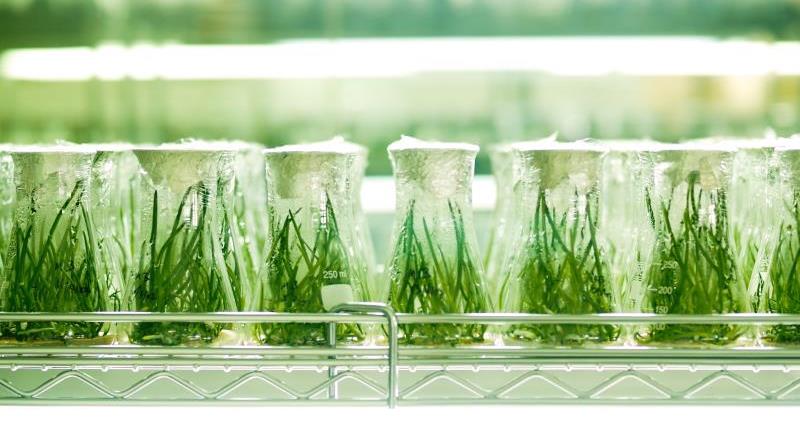What's going on in Europe?
In March 2015 the European Patents Office (EPO) granted two patents for a broccoli and a tomato variety, these were for variety traits obtained essentially through conventional biological processes. This decision was widely criticised with many warning that this could set a dangerous precedent undermining the current system. The issue was debated during the October Agriculture Council and recently the European Parliament adopted a resolution calling for urgent clarification on this matter, with particular reference to the legality around the patentability of plant traits.
In contrast this January the EPO revoked the patent held by Monsanto for a melon variety which is claimed to have a natural resistance to plant viruses, a trait developed without genetic engineering. However the same resistance was detected in Indian melons, as a result of conventional breeding. The patent previously granted by the EPO was therefore revoked as the granting of it violated international treaties.
What happens currently?
For decades the industrial property rights of plant varieties have been regulated through the plant variety rights (PVR) system. To support innovation and recognise farmers’ role in production the PVR system is underpinned by the breeders’ privilege. This fundamental principle allows any existing plant variety to be used freely as starting material by other plant breeders in order to develop new varieties, for which they would then hold the exclusive commercial rights. These new varieties can then in turn be freely used as starting material for other breeders, hence fostering innovation.
Under this existing system farmers are entitled to farm save seed for use on their holding providing the total amount saved is declared and the correct royalties paid for eligible varieties. The NFU, with other UK farm unions and plant breeders have supported the FAIRPLAY campaign for over a decade, this ensures all UK farmers are contributing fairly for the benefits of improved varieties, bred for our markets and growing conditions.
What’s the problem with patents?
Patents grant the holder the right to prevent third parties from making, using, selling or importing their invention. As such any plant variety containing patented material would not be eligible for the breeders privilege as use of the patent would require a license, and this form of intellectual property would override the existing PVR system.
These licenses are controlled by the patent holder and negotiations can take many years, hence allowing the holders of key patents to potentially dominate the market blocking investment during proceedings. Transaction costs within the supply chain would also increase as breeders divert money towards legal protection and away from breeding, this would discourage future agricultural R&D and will ultimately impact at farm level.
The NFU is warning that patents granted for plant traits and varieties obtained through biological processes sets a dangerous precedent, and if such an approach were to continue it would undermine the existing PVR system posing a long term threat to agricultural research, genetic diversity and ultimately food security.
Want to read more?
Further background information on this topic can be found in the briefing in the related documents tab on the bottom of this page.
